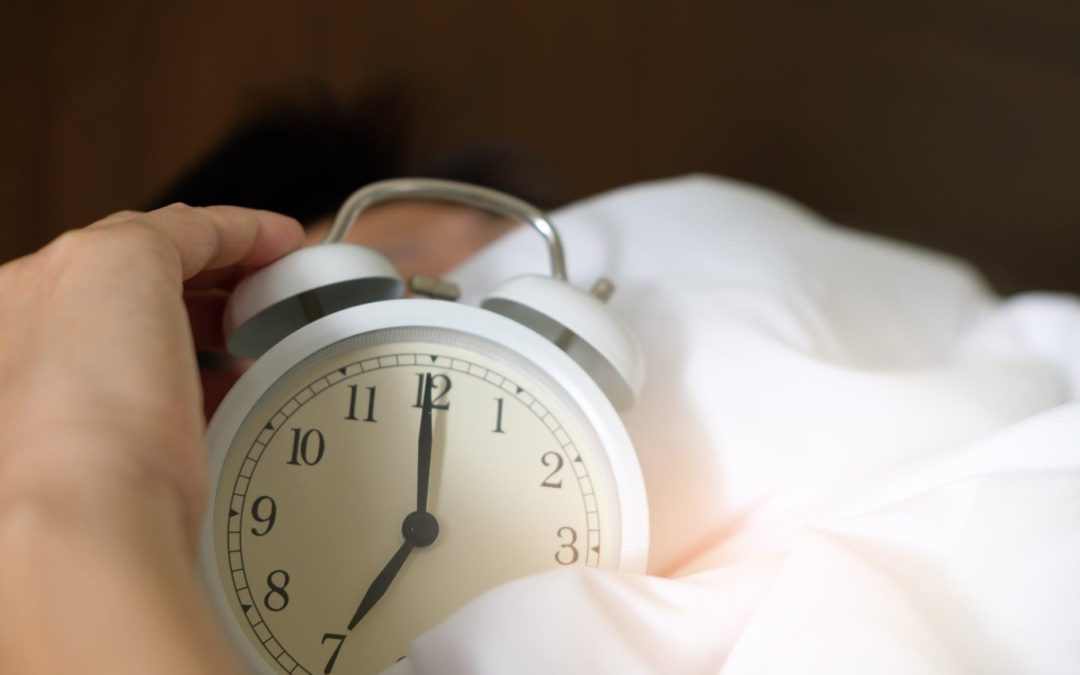Approximately 30% to 50% of people snore at some point in their lives. Though many people go to their primary care physicians to help with snoring issues, a dentist like the professionals in NW Calgary at Dentrix Dental Care can help lessen and eliminate snoring altogether.
What Causes Snoring?
Snoring happens when something obstructs your airways as you sleep. This can be caused by the soft tissue or the tongue coming into contact with one another and vibrating to create the loud noise.
Sometimes, you can stop breathing between snores. This condition is called sleep apnea, and it can lead to bigger cardiovascular issues the longer it goes untreated. In addition, sleep apnea can result in less restful sleep and fatigue throughout the day.
Your dentist can help identify reasons why you may be snoring. Such reasons include:
- You may be overweight: Losing weight can help keep pressure off of your airways and keep you from snoring through the night.
- You drink alcohol before bed: Alcohol can irritate the throat and prevent you from getting enough REM sleep, making you less rested when you wake up in the morning.
- You sleep on your back: Sleeping on your sides or stomach can help reduce snoring because gravity is not pushing your tongue or your mouth tissues back into your throat.
- You use sedatives to help you sleep: Your dentist can help you find alternatives to sedatives to help you both get to sleep and get more restful, productive sleep through the night.
How Can Dentists Prevent Snoring?
Your dentist may recommend tests to be conducted to monitor your sleep and snoring patterns. A polysomnogram is one of these tests. You may be asked to spend the night in a hospital or a sleep center, so doctors can monitor your vital signs and blood flow as you sleep. These tests can help identify the exact cause of your snoring and possible lack of the appropriate REM sleep because of that.
After a polysomnogram or other tests, there are two devices in particular that your dentist can recommend to help with your snoring issues.
1. Oral Appliances
First, oral appliances are available to place in the mouth while you are asleep. This is highly recommended for those who have sleep apnea as a result of obstructed airways or the tongue falling back into the throat while asleep. This oral appliance realigns the jaw and keeps the tongue from moving, thereby preventing tongue obstruction and keeping the airway from narrowing while you are asleep.
These appliances are similar to mouth guards for sports and orthodontic retainers. Your dentist can help properly fit an oral device to your mouth in a consultation. Though you can buy oral appliances over-the-counter, ones that are fitted specifically for your mouth are much more effective.
Oral appliances are small, portable, and non-invasive. Often, they are also comfortable to wear while asleep. They do not cause rashes or stuffy noses when in use.
2. A CPAP Device
CPAP machines fit over the mouth and connect to a machine that helps regulate your breathing and air flow while you are asleep. There are both full face masks and masks that fit over just the mouth and nose.
CPAP machines are usually provided for more severe cases of snoring and sleep apnea in particular. Though they are larger and therefore more uncomfortable to wear while you are sleeping, they are proven to be even more effective than oral appliances.
After a period of wearing the mask to sleep, people get used to the feeling and are able to sleep soundly even with the machine on.
In Conclusion
If you are having difficulty sleeping because of snoring, be sure to see a dentist. They can help identify your problem and provide solutions, so you can have healthier sleep patterns.

